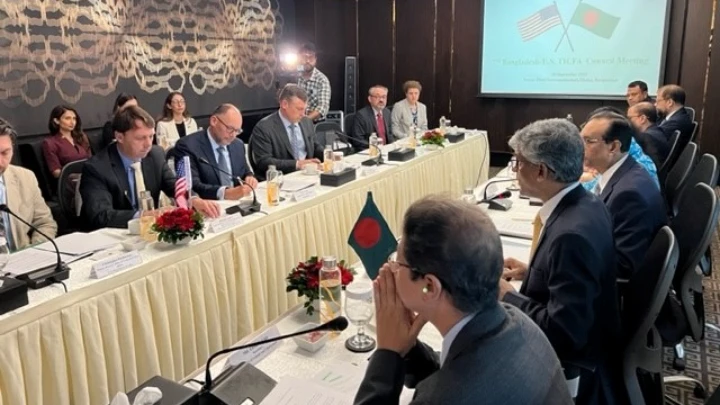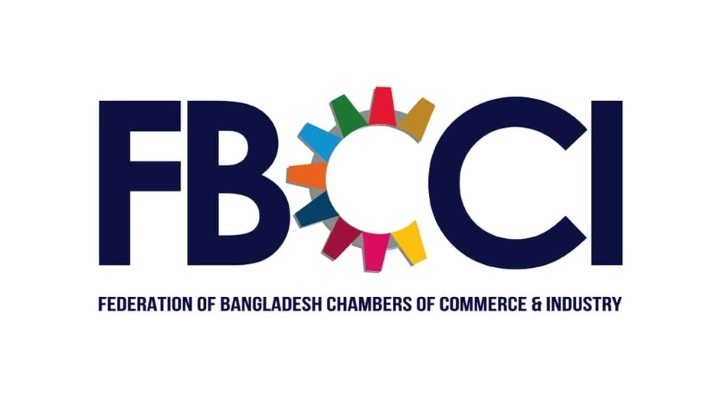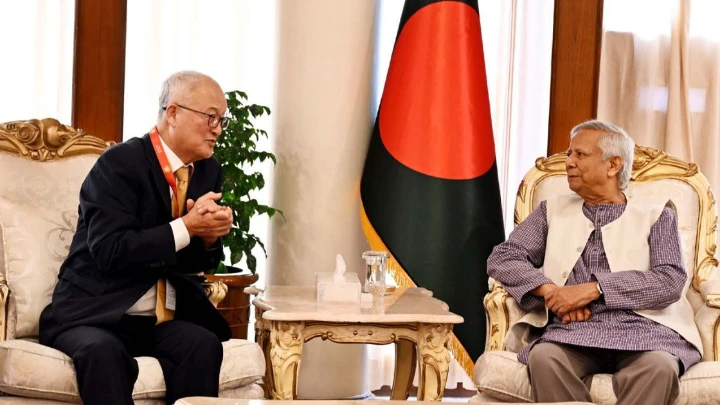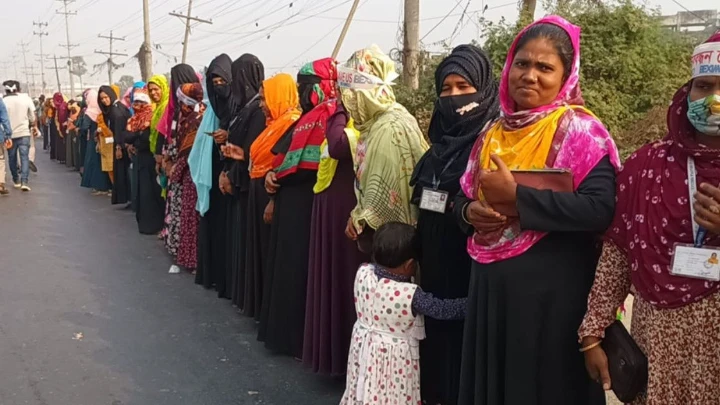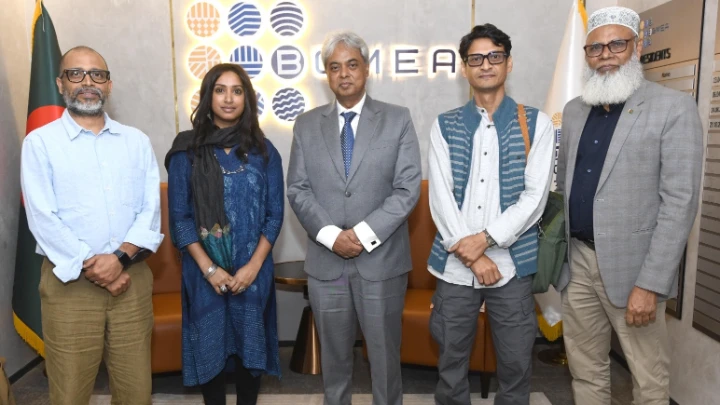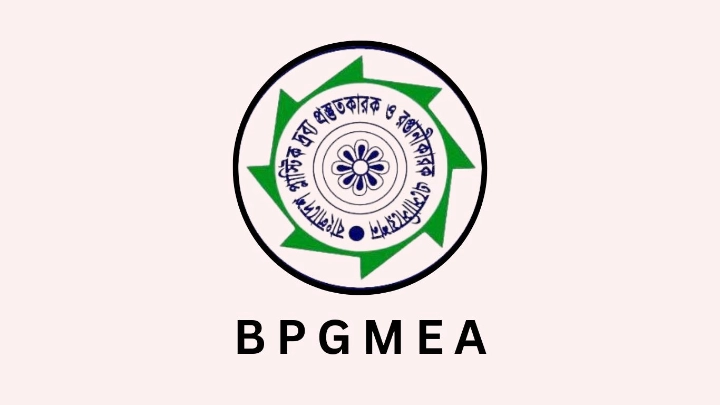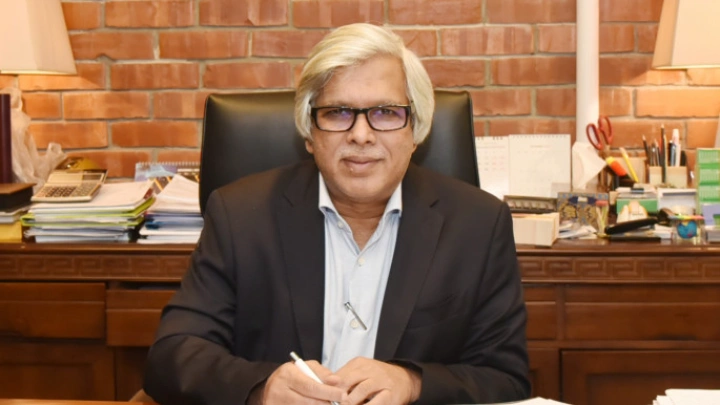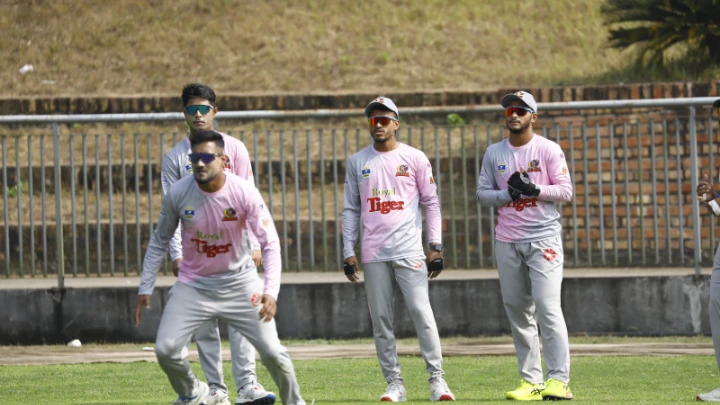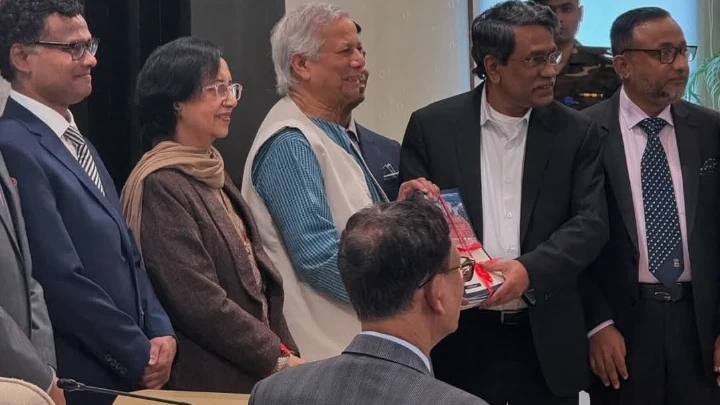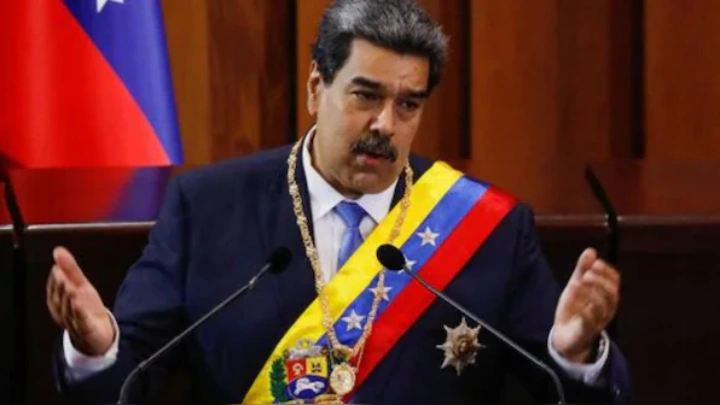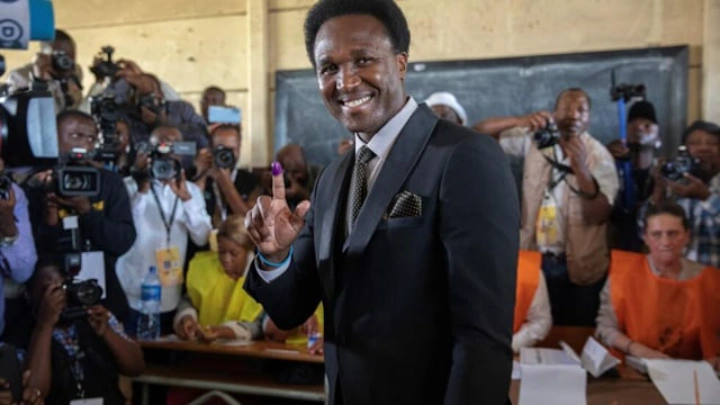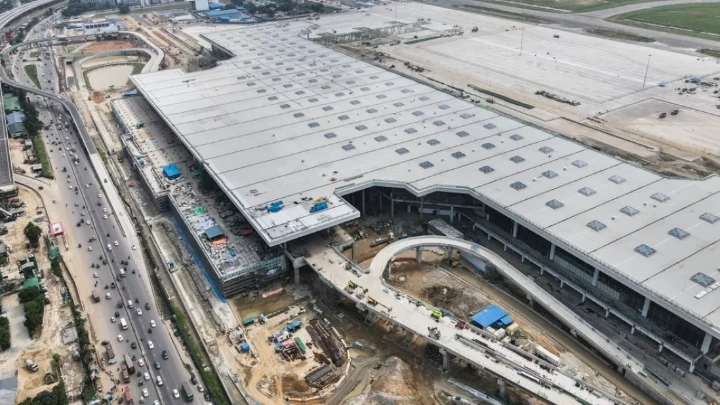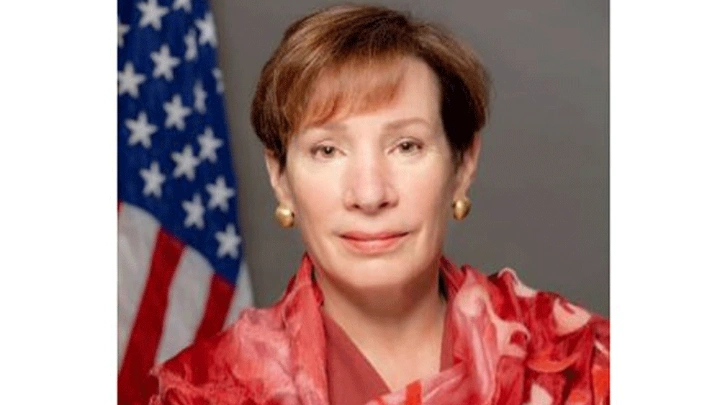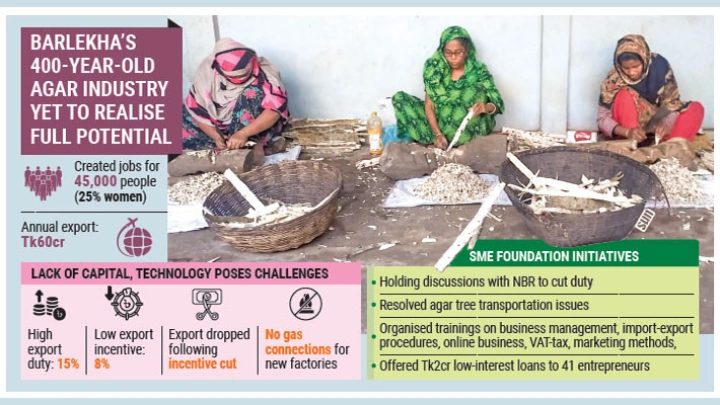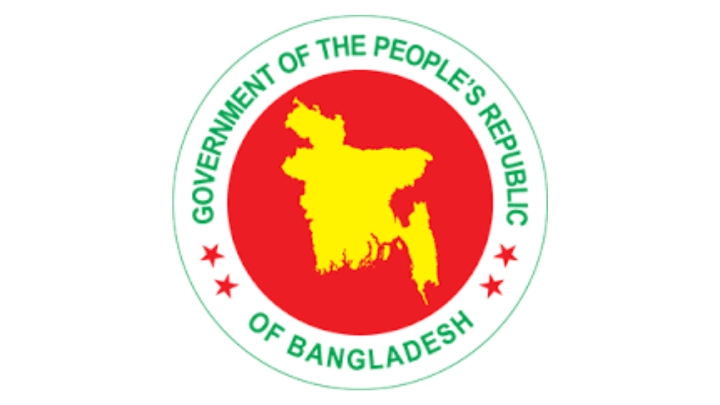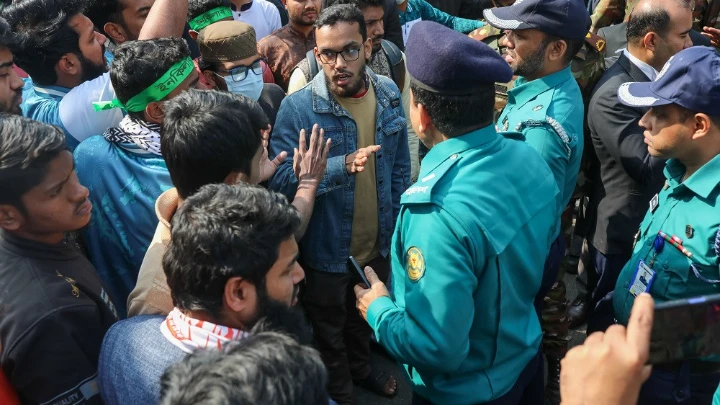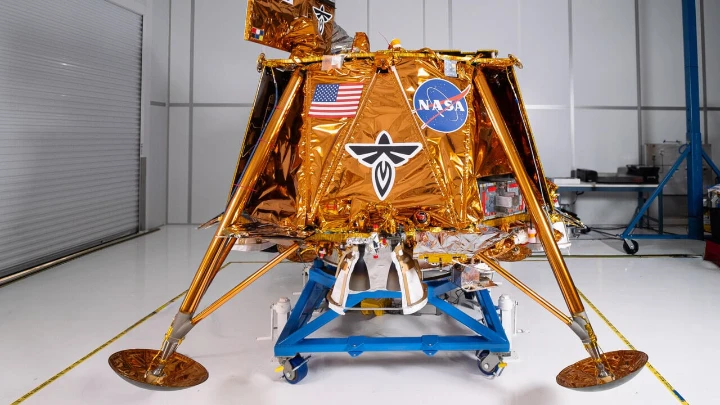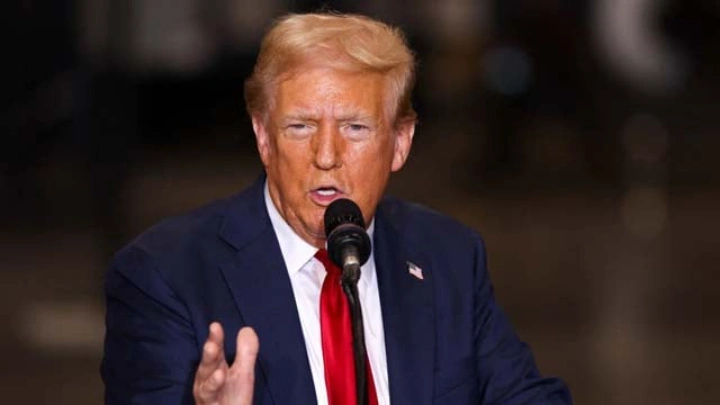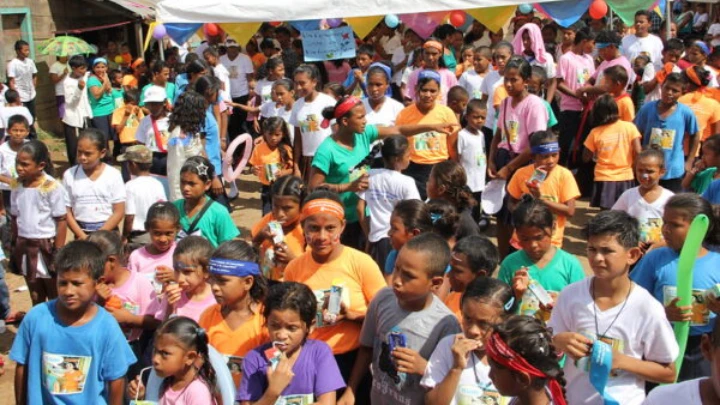US and Bangladesh discuss a number of topics that influence bilateral trade at the TICFA meeting
DailySun || Shining BD
The United States and Bangladesh discussed a range of issues impacting the bilateral trade relationship, most notably labour reforms, as well as policies impacting the investment climate and digital trade, intellectual property protection and enforcement, and bilateral cooperation in the agricultural sector.
During the TICFA Council meeting in Dhaka on Wednesday (Sept 20), the US conveyed to Bangladesh that working with trading partners to support workers’ rights, including freedom of association and collective bargaining, is a top priority for the Biden-Harris Administration.
The United States and Bangladesh convened the seventh meeting of the United States-Bangladesh Trade and Investment Cooperation Forum Agreement (TICFA) Council.
The meeting was co-chaired by Brendan Lynch, Acting Assistant United States Trade Representative for South and Central Asia and Tapan Kanti Ghosh, Secretary of the Ministry of Commerce, Government of Bangladesh.
Both delegations included officials from trade, labor, intellectual property, and other relevant agencies, reads a press statement issued by the US Es Embassy Dhaka.
During the TICFA Council meeting, the United States emphasized the importance of combatting violence against workers and union organizers, as well as anti-union discrimination and other unfair labor practices.
The United States noted that a tripartite labor law review committee is reviewing the amendments to the Bangladesh Labor Act (BLA) and encouraged Bangladesh to extend freedom of association and collective bargaining to Bangladesh’s Special Economic Zones (SEZs) and the Export Processing Zones (EPZs).
The United States recognized that Bangladesh had undertaken some efforts to address hurdles workers face when registering unions, and stressed the importance of ensuring a simplified and impartial trade union registration process that allows for applications to be registered within the legal timeframe.
Additionally, the United States urged Bangladesh to dedicate more resources to labor inspections and enforcement.
The United States appreciated the Government of Bangladesh’s consistent dialogue over the past year on Bangladesh’s Data Protection Act (DPA). Both sides affirmed their commitment to the protection of personal data and ensuring that Bangladesh’s digital sector continues to thrive while ensuring trust in the digital economy.
Bangladesh’s newest version of the DPA draft incorporated improvements from earlier versions, including the removal of criminal penalties, restricting the scope of the DPA to personal data, and limiting application to firms that process personal data within the territory of Bangladesh.
The United States applauded Bangladesh’s actions to remove cotton fumigation requirement on U.S. cotton exports, a long-standing issue that had persisted for over twenty years.
The United States and Bangladesh cooperated on agricultural biotechnology dialogue and look forward to deepening their engagement this year.
Both countries recognised the importance of the protection and enforcement of intellectual property (IP) for protecting innovation across economies.
The United States also reiterated its interest in engaging with Bangladesh on ongoing processes for amendments to IP-related laws and regulations, including the Copyright Act Amendments, Industrial Designs Act, Patent Bill, and Implementing Regulations and IPR Enforcement (Import and Export) Rules.
In addition, the United States discussed actions needed to address concerns with Bangladesh’s ranking as one of the top five source economies for counterfeit clothing globally, as noted in USTR’s 2023 Special 301 Report.
Both delegations planned to continue dialogue on these important bilateral trade issues before the next TICFA Council Meeting, which will be held in Washington, D.C. in 2024.
Shining BD

